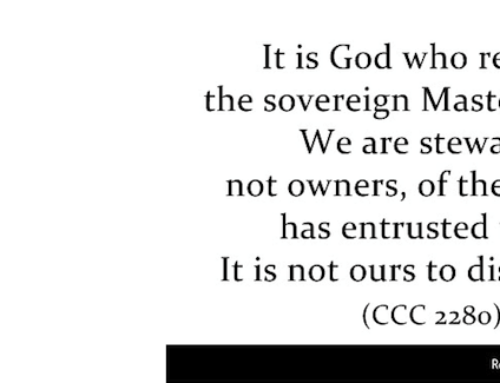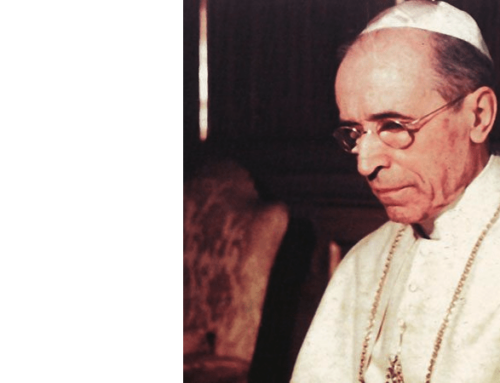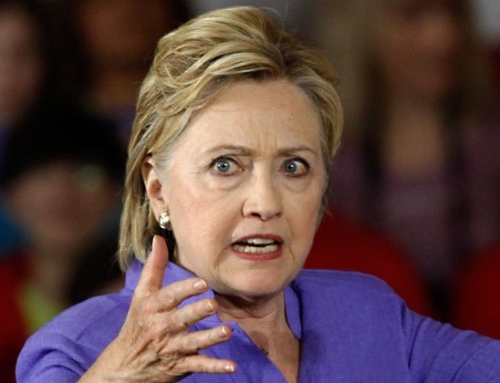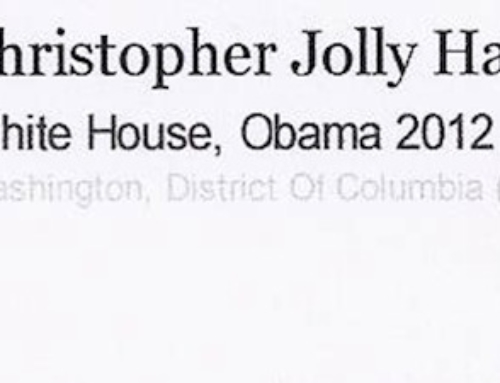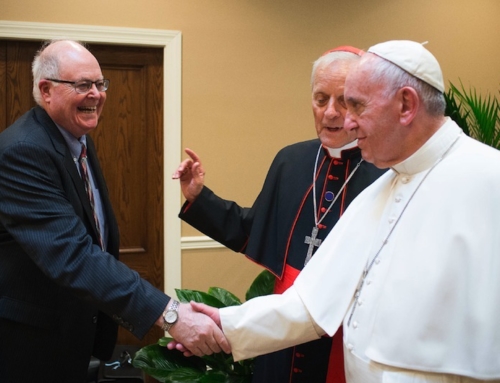By Bill Donohue
This article was originally published at Newsmax.com on August 27, 2013.
No administration in recent history has been less religion-friendly than the Obama administration, so it came as a surprise to learn that it has filed an amicus brief in favor of religious invocations at government meetings; the U.S. Supreme Court has agreed to hear the case in the fall. Some conservatives are cheering this development. They should be more cautious.
Lawyers for the administration are arguing that even if council meetings in Greece, N.Y. (outside of Rochester) open with Christian prayers, that “does not amount to an unconstitutional establishment of religion merely because more prayer-givers are Christian and many or most of the prayers contain sectarian references.”
This position is in direct contradistinction to the ruling by the Second Circuit of Appeals: it ruled that to the “reasonable observer,” the invocation is an “endorsement” of a “Christian viewpoint.”
The Second Circuit ruling, however, was undercut by the 1983 decision in Marsh v. Chambers. In that ruling, the high court said that a prayer offered by a chaplain opening the Nebraska legislature was not unconstitutional. Chief Justice Warren Burger, writing for the majority, said that opening deliberations with a prayer “is deeply embedded in the history and tradition of the country.”
Indeed, the Nebraska legislature, as well as the U.S. Supreme Court, Burger noted, both begin their sessions with the invocation, “God save the United States and this Honorable Court.”
Furthermore, the Marsh ruling explained that “where, as here, there is no indication that the prayer opportunity has been exploited to proselytize or advance any one, or to disparage any other, faith or belief,” then “the content of the prayer is not of concern to judges.”
The Obama team properly cited Marsh in defense of its lawsuit. Champions of religious liberty, of course, do not find fault with prayer invocations at government meetings. No doubt about it, the Obama administration is on the right side of this issue in Greece, but its hostility to religious liberty (see my four-part Newsmax series, September 10, 12, 13, 14, 2012) demands a closer look at its reasoning.
It is not sufficient to be on the right side of an issue; what matters is whether reasoning is right. At issue in Greece is whether the right standard is being used by the Obama administration to override arguments invoking the “establishment of religion” provision of the First Amendment (it is not a “clause,” literally or constitutionally, as it is commonly held).
The U.S. Supreme Court had virtually nothing to say about disputes involving religious liberty and the establishment of religion until after World War II; previously such matters were seen as state concerns. From the founding to the Everson decision in 1947, Madison’s interpretation of the First Amendment was operative: the federal government could not establish a national church or give preference to one religion over another.
However, in Everson, Justice Hugo Black, who wrote the majority opinion, went beyond Madison’s prescription by holding that neither a state nor the federal government can pass a law favoring religion, even if it treats all religions equally. This ruling obviously widened the role of the U.S. Supreme Court to police First Amendment provisions on religion.
In 1971, the U.S. Supreme Court crafted a new standard. In Lemon v. Kurtzman, the high court developed a three-prong test: the statute in question must have a clear, secular purpose; the statute must neither advance nor inhibit religion; the statute must not result in “excessive” government “entanglement” with religion. The Lemon test has been criticized for its vagueness. What constitutes “excessive”? What does “entanglement” mean?
The endorsement test was proposed in 1984 by Justice Sandra Day O’Connor in a case involving a crèche on public property. In her concurring opinion in Lynch v. Donnelly, she argued that no statute can pass constitutional muster if its purpose, or effect, is to convey to the public a government endorsement or disapproval of religion. This test also has its critics. For example, is there not a difference between accommodation and endorsement?
Justice Anthony Kennedy offered a “coercion” standard in the 1992 case, Lee v. Weisman. Could prayers at a graduation ceremony be seen as violating the rights of students who are atheists, for example? The court reasoned that because it was a clergy-led prayer at an event sanctioned by the school district, objecting students would be subjected to peer pressure. In its ruling, the court noted that the Constitution “guarantees that government may not coerce anyone to support or participate in religion or its exercise.”
Critics note that prayer at government events has been seen as constitutional since the founding, and that “coercion” is too loosely defined.
It matters greatly which test is invoked in Greece; some are more religion-friendly than others. By choosing the endorsement standard, the Obama lawyers seek to directly challenge the test as applied by the Second Circuit: the appeals court said that a “reasonable observer” would conclude that a town council’s prayer amounted to “an endorsement” of Christianity.
The administration sees no endorsement, and eschews sitting in judgment of the content of a prayer.
On the face of it, the Obama team has taken a commendable position. But it also had other options. It could have chosen one of the other standards. Or, if it were truly interested in expanding the meaning of religious liberty, it could have cited the Declaration of Independence — it has four specific references to God — as evidence that the founders never envisioned subordinating religious liberty to establishment concerns (the Declaration was mentioned once in the government’s brief, but not in this regard).
The Obama lawyers know that some Supreme Court justices are not pleased with the various tests that have been used in these cases. Indeed, these justices have even made plain their interest in seizing on a new case to clarify, and expand, the meaning of religious liberty. Justice Antonin Scalia, for instance, has referred to the Lemon test as a “late night ghoul that refuses to die.”
It is not known what provoked the Obama team to file a brief in Greece. Was it because of a sincere interest in advancing religious liberty? If so, what is its progeny? Moreover, how can this new-found interest in religious liberty be squared with the administration’s relentless pursuit of the Health and Human Services mandate that abridges the rights of Catholic non-profits?
To put it bluntly, is the Obama brief an exercise in damage control? Is it trying to get out in front of this issue by filing a brief protecting religious liberty on grounds that are the least threatening to its secular vision? Does it seek to ward off the specter of a new standard, one that is much more religion-friendly than the tests we have become accustomed to? As I said, we don’t know what the true motive is. But forgive me if I’m skeptical.
Dr. William Donohue is the president of and CEO of the Catholic League for Religious and Civil Rights, the nation’s largest Catholic civil rights organization. The publisher of the Catholic League journal, Catalyst, Bill is a former Bradley Resident Scholar at the Heritage Foundation and served for two decades on the board of directors of the National Association of Scholars. The author of five books, two on the ACLU, and the winner of several teaching awards and many awards from the Catholic community, Donohue has appeared on thousands of television and radio shows speaking on civil liberties and social issues.


